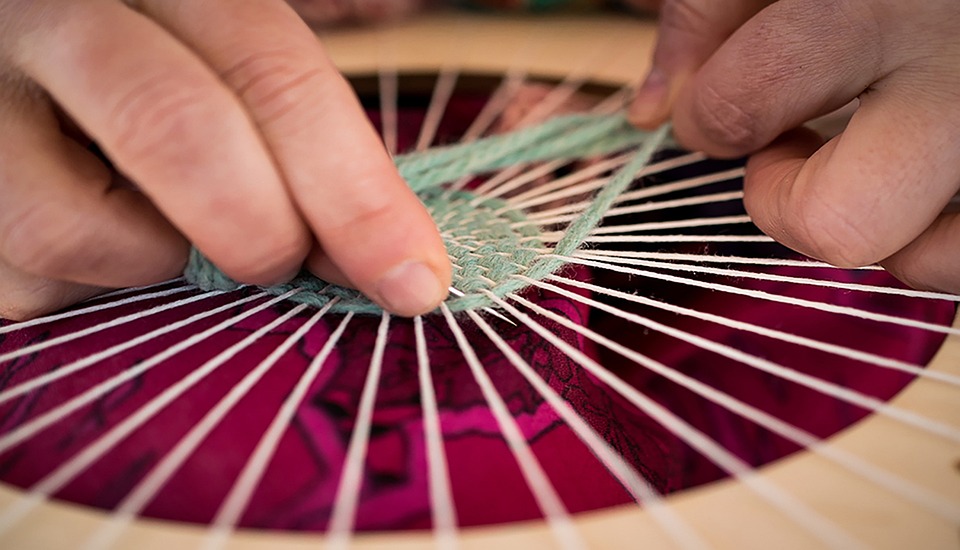Viscose thread, also known as rayon thread, has gained popularity in the textile industry due to its versatility and affordability. With its soft and luxurious feel, it is often used in various applications such as clothing, upholstery, and embroidery. However, like any other material, viscose thread has its own advantages, disadvantages, and alternative options.
One of the major advantages of viscose thread is its excellent draping capabilities. It has a smooth and flowing texture that allows garments to hang gracefully on the body. This quality makes it a popular choice for dresses, skirts, and other garments that require a fluid and elegant appearance. Additionally, viscose thread is highly absorbent, making it suitable for summer clothing as it can help wick away moisture from the body, keeping the wearer cool and comfortable.
Another advantage of viscose thread is its wide range of color options. It can easily be dyed in various shades and hues, ensuring that designers have the freedom to create vibrant and eye-catching pieces. Additionally, viscose thread has a natural luster that contributes to the overall visual appeal of the finished product.
However, there are a few disadvantages to consider when using viscose thread. One of the main drawbacks is its lack of durability. Viscose fibers tend to weaken when exposed to sunlight, moisture, and chemicals, which can lead to garments losing their shape, pilling, or even breaking. Additionally, it has a tendency to shrink when washed, requiring extra care during laundry. This fragility also makes viscose thread less suitable for heavy-duty applications such as upholstery or outdoor use.
Moreover, another disadvantage of viscose thread is its tendency to wrinkle easily. Unlike synthetic threads like polyester or nylon, viscose fibers do not have the same elasticity and resilience, making garments susceptible to creasing. This can be a concern for individuals who prefer low-maintenance clothing or who travel frequently and do not have access to ironing facilities.
For those seeking alternatives to viscose thread, there are a few options available. One popular choice is polyester thread, which offers better durability and resistance to sunlight, moisture, and chemicals. Polyester also has excellent wrinkle resistance and retains its shape well over time. However, it is worth noting that polyester is a synthetic material and may not have the same luxurious look and feel as viscose.
Another alternative to consider is cotton thread. Cotton is a natural fiber that is highly breathable, soft, and comfortable to wear. It is also less prone to wrinkling and has good longevity. However, it does not have the same draping capabilities as viscose, which can be a drawback for certain garment designs.
In conclusion, while viscose thread offers a range of advantages such as its softness, drape, and color options, it also has some disadvantages to consider. Its lack of durability, proneness to wrinkling, and potential shrinking should be taken into account when selecting thread for specific applications. Alternatives such as polyester or cotton thread may offer better qualities depending on the desired outcome. Ultimately, it is important to weigh the pros and cons of each option to make an informed decision for your projects.

